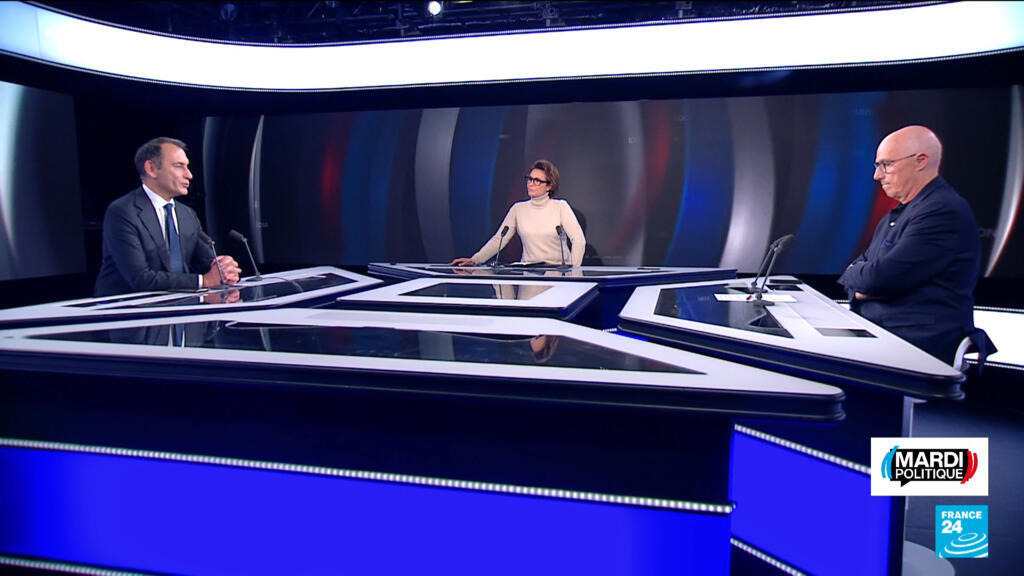France's 2026 Budget Debates Spotlight Zucman Tax and Behavioral Levies on Alcohol and Tobacco
The 2026 French budget debates feature contentious discussions on the Zucman tax amid advancing behavioral taxes on alcohol and tobacco, with political divisions shaping the legislative process.
- • The Zucman tax proposed by the Socialist Party faces rejection from the National Rally and is unlikely to be voted on.
- • Amendments removing the cap on alcohol tax increases have been adopted to address addiction concerns.
- • The impact of behavioral taxes is debated, with some seeing them as deterrents and others as harmful to purchasing power.
- • Budget discussions may conclude via ordinances amid stalled parliamentary progress.
Key details
As budget debates continue in the French National Assembly for 2026, key discussions focus on the proposed Zucman tax and behavioral taxes targeting alcohol and tobacco. The Zucman tax, championed by the Socialist Party, faces stiff opposition. Laurent Jacobelli, Moselle deputy and National Rally spokesperson, dismissed the tax as nonsensical and predicted it would not be approved, suggesting the budget might ultimately pass through executive ordinances.
Meanwhile, amendments concerning behavioral taxation are advancing more tangibly. The Social Affairs Committee adopted measures to remove the 1.75% cap on alcohol tax increases linked to inflation, aiming to address addiction concerns raised by health professionals. Hadrien Clouet from La France Insoumise argued the current law limits effective tax adjustments amid inflationary pressures, while committee president Frédéric Valletoux highlighted that addiction responsibility extends beyond consumers. However, Thibault Bazin, the budget's general rapporteur, noted the expected inflation for 2026 around 1.3% lessens immediate impact, and such taxes overlook issues like minors' exposure and parallel markets. Other recent amendments expanded the tax on premixed alcoholic beverages, sparking debate between advocates who see price rises as deterrents and opponents, including Rassemblement National, who view behavioral taxes as ineffective and harmful to purchasing power.
These debates unfold amid broader budget challenges, with concerns over public spending transparency, as some experts highlight growing complexities like foundation-based tax favoritism, though this remains a peripheral issue to current fiscal discussions. The Assembly continues its examination of behavioral tax amendments as the week progresses.
This article was translated and synthesized from French sources, providing English-speaking readers with local perspectives.
Source articles (3)
Source comparison
Latest news
France Télévisions Breaks Viewership Records and Innovates with Digital Streaming at Milan-Cortina 2026 Winter Olympics
Visa 29 Urges Restraint Amid Rising Political Violence After Quentin Deranque's Death
Far-Right Exploitation of Social Grievances Amplifies Political Divides in France
2026 Bordeaux Municipal Election Intensifies Amid Candidate Financing Disputes and Registration Deadline Approaches
Western France Floods: Government Declares Natural Disaster Amid Ongoing Alerts
Political Rhetoric and Historical Echoes Fuel Controversy and Reflection in French Politics
The top news stories in France
Delivered straight to your inbox each morning.



